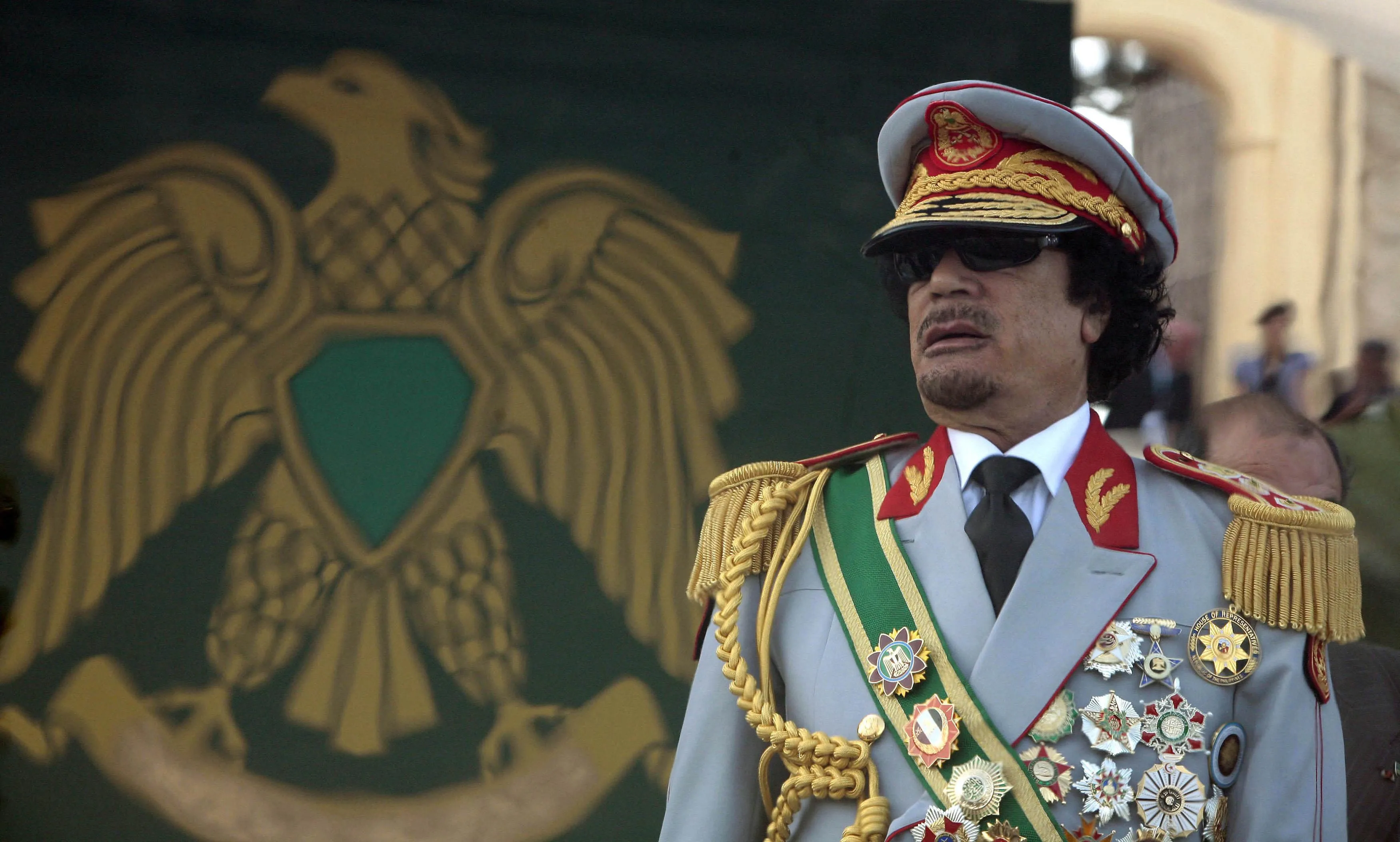
Early Life and Rise to Power
Muammar Gaddafi was born in 1942 in a Bedouin tent in the Libyan desert. Inspired by Arab nationalism and anti-colonial movements, he joined the military and, in 1969, led a bloodless coup that overthrew King Idris I. At just 27, Gaddafi assumed power, establishing the Libyan Arab Republic.
The Green Book and Political Ideology
Gaddafi’s rule was guided by his political manifesto, The Green Book, which rejected both capitalism and communism. He promoted a system he called Jamahiriya—a "state of the masses"—which claimed to give power to the people through local councils. In practice, however, real power remained tightly in Gaddafi's hands.
Oil Wealth and Foreign Policy
Under Gaddafi, Libya nationalized its oil industry, dramatically increasing state revenues. He used this wealth to fund infrastructure, education, and social programs, but also to support militant groups abroad, earning Libya a pariah status in the West. The U.S. and U.K. accused him of sponsoring terrorism, including the 1988 Lockerbie bombing.
Authoritarian Rule and Internal Repression
Gaddafi’s regime was marked by strict censorship, suppression of dissent, and a brutal security apparatus. Political opponents were imprisoned, exiled, or executed. Despite this, Gaddafi maintained a cult of personality, portraying himself as a revolutionary hero and father of the nation.
Fall from Power and Death
In 2011, inspired by the Arab Spring, Libyans rose up against Gaddafi’s rule. After months of civil war, and with NATO intervention, rebel forces captured and killed Gaddafi in October 2011 near his hometown of Sirte. His death marked the end of one of the longest-ruling dictators in modern history.
Legacy
Gaddafi's legacy remains divisive. Some remember him for modernizing Libya and promoting pan-Africanism, while others condemn his brutality and the instability that followed his fall. Libya has since struggled with internal conflict and political fragmentation.

You must be logged in to post a comment.